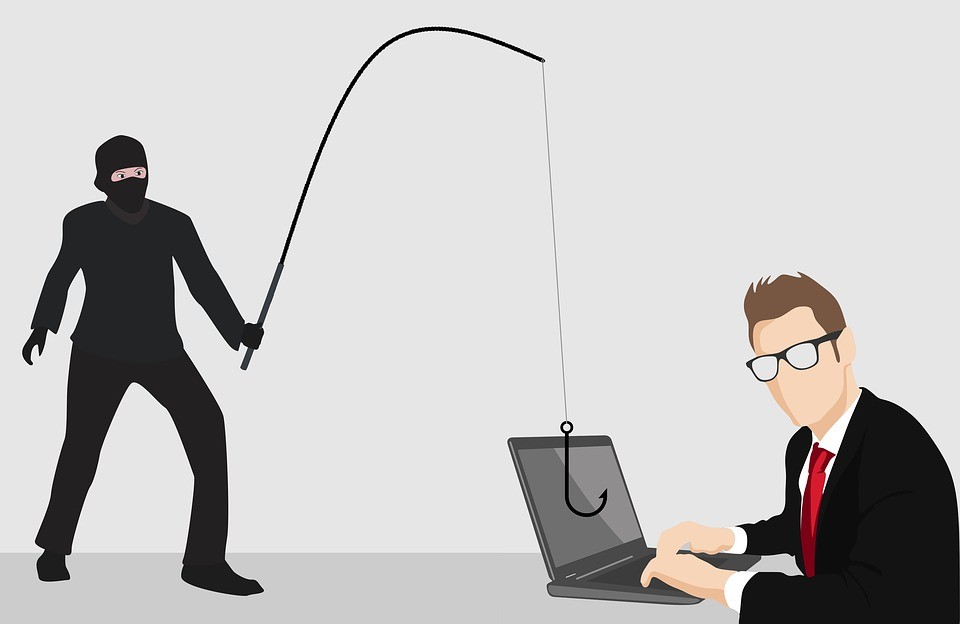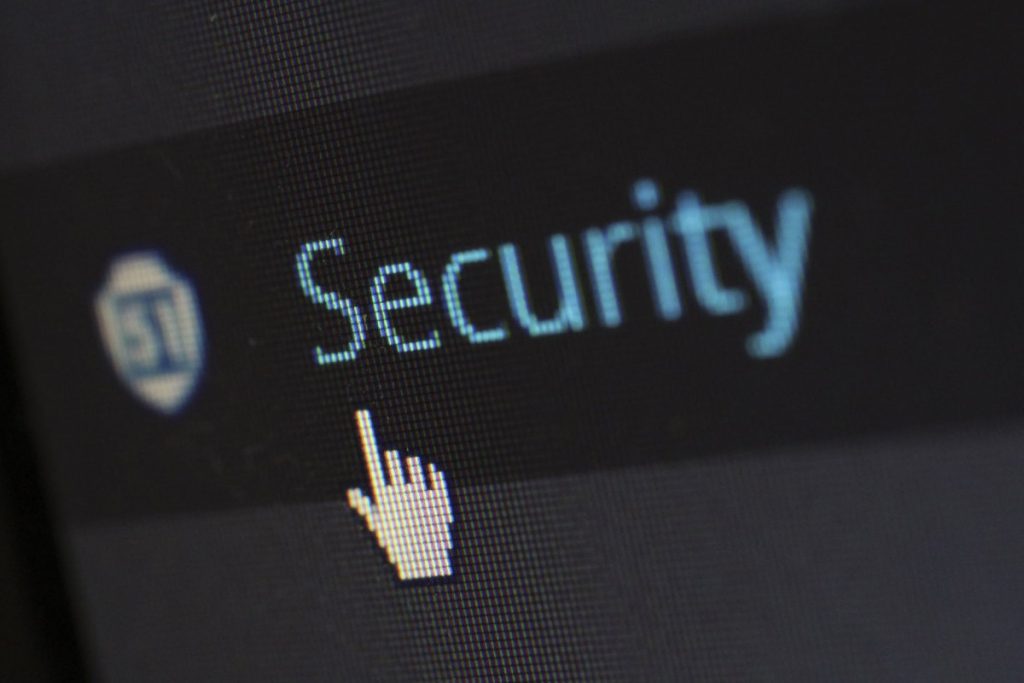Last Updated: January 28th, 2025
Identity theft, phishing, and Cyber threats are not new to this digital world. Phishing is a scam where hackers trick users into accessing passwords, credit cards, bank account details, or other confidential information. Phishing attacks will grow in 2025, around 3.4 phishing emails are sent daily using AI.
Hackers use social media, smartphones, and emails to carry out phishing scams. Let us find out tips to prevent such unwanted phishing attacks.

Protect Your Data Against Such Phishing Attacks
1. Smart and Sensible Conduct during Online Activities
Users need to apply smart and sensible acts while performing sensitive online activities. The cybersecurity experts most often suggest several worthy activities to stay safe and sound during the same. It is advisable not to download the suspected files, click on any link, or download the suspicious files there on social media and emails.
You must never click on any link that redirects to any spam sites. Yes, you can go ahead but only after getting verified with the link with complete authenticity. Never provide personal or bank account-related information. There may become formats as well asking you to fill your bank and credit card details for rewards and offers. You need to remain attentive to all such cases.
2. Applying smart strategies for opening shortened links
It happens you view the shortened links on social media and emails and the fraudsters want you to take to a spam site and ask for vital personal and bank account information. The link seems original and the visiting website even appears similar to the original website.
The destination site may appear similar to the merchant banks or others from where hackers can hack your money. You need to remain smart while visiting such suspicious links. Just roll over your mouse to the link and you will get the domain name idea of the concerned site. Please don’t click on all such links and stay safe while performing online activities.
3. Smart call attending activity
This is one of the most common activities of scammers which all of you must have gone through. You would have attended a call where some person at the other end would ask about your account information. The hacker would say that your credit/debit card has expired and needs to be renewed.
The hacker will ask about their bank details, including the credit/debit card CVV number. When the user discloses such confidential information, they would hack their bank account and transfer money. The fraudsters can perform activities from any of the places in remote areas.
The background sound seems like a call center to confuse people. The people need to be attentive during such calls and report to the police officials if they find anything suspicious.

4. Suspicious sentence structure and grammatical errors in the emails
The phishing emails from the fraudsters appear with lots of grammatical errors and unwanted sentence structure. People with an understanding of English can recognize fraudulent emails. These will contain lots of exclamation marks, typos, and useless utilization of capital letters. Even you will find several font color changes in a small paragraph.
You can trace out the poor grammatical knowledge, illogical flow of the sentences, and everything unwanted in the emails. This lets you recognize that the mail is here to cheat you with your acceptance. Try to remain attentive and safe from all such fraudulent activities.
5. Promotional letters with a fake signature
You might receive emails carrying a fake letter of appointment or promotion having a fake signature. They may ask you to fill the application by going through a fake company website. After filling out the personal information, you need to fill out the bank details. You will get a call where they will ask to provide the CVV number for application fee deduction online.
The email will have sentences reflecting an act of urgency for filling out the application form. Remain attentive to all such fraudulent activities from the scammers, as their prime motto is to steal your bank information and clear the account balance. You need to remain updated and share awareness among your friends and contacts.
6. Secure browsing with https-enabled sites
There are several websites on the Internet for getting information about user-specific searches. Some websites are there with http:// while some are available with the https:// protocol. Users need to take precautions while browsing websites. They need only to browse the sites with https:// protocol before www.
The http refers to Hypertext Transfer Protocol and HTTPS adds secure after the protocol. All the sites having https:// are safe for browsing and performing financial transactions. You can feel assured of keeping your entire information safe while visiting the sites starting with https:// .
7. Avoid using public networks
Most of us never understand the importance of public and private networks. Just for the sake of saving mobile data, we most often use public Wi-Fi networks available on platforms, malls, and shopping centers.
However, you need to be attentive while doing financial transactions and visiting the net banking sites for any concerned acts.
Public networks are not secured and can steal your personal information. Try to perform the transactions with encrypted data networks to remain safe and sound from phishing activities. Best Free VPN.
Prevention is better than cure. A little awareness of what is phishing can prevent your business from getting scammed, which can cost your business thousands of dollars. Anti-phishing software is also available, which can prevent such attacks.

No Responses